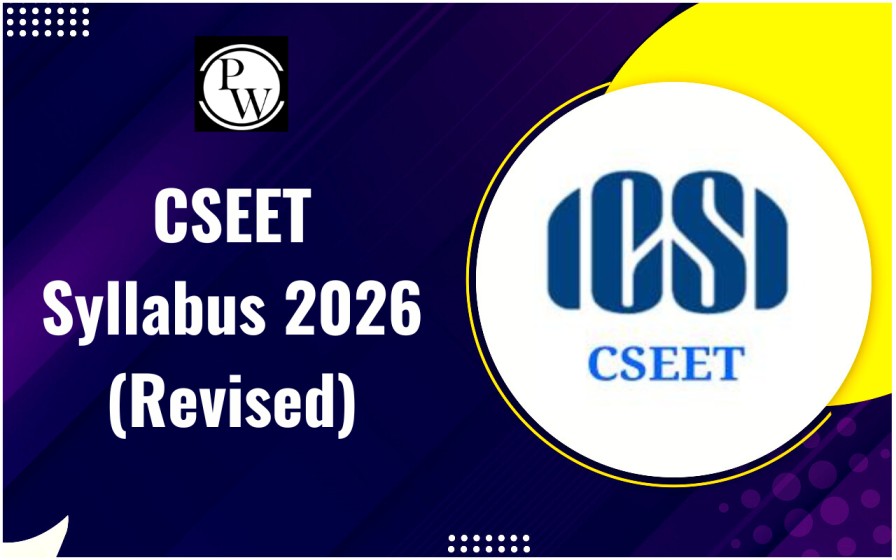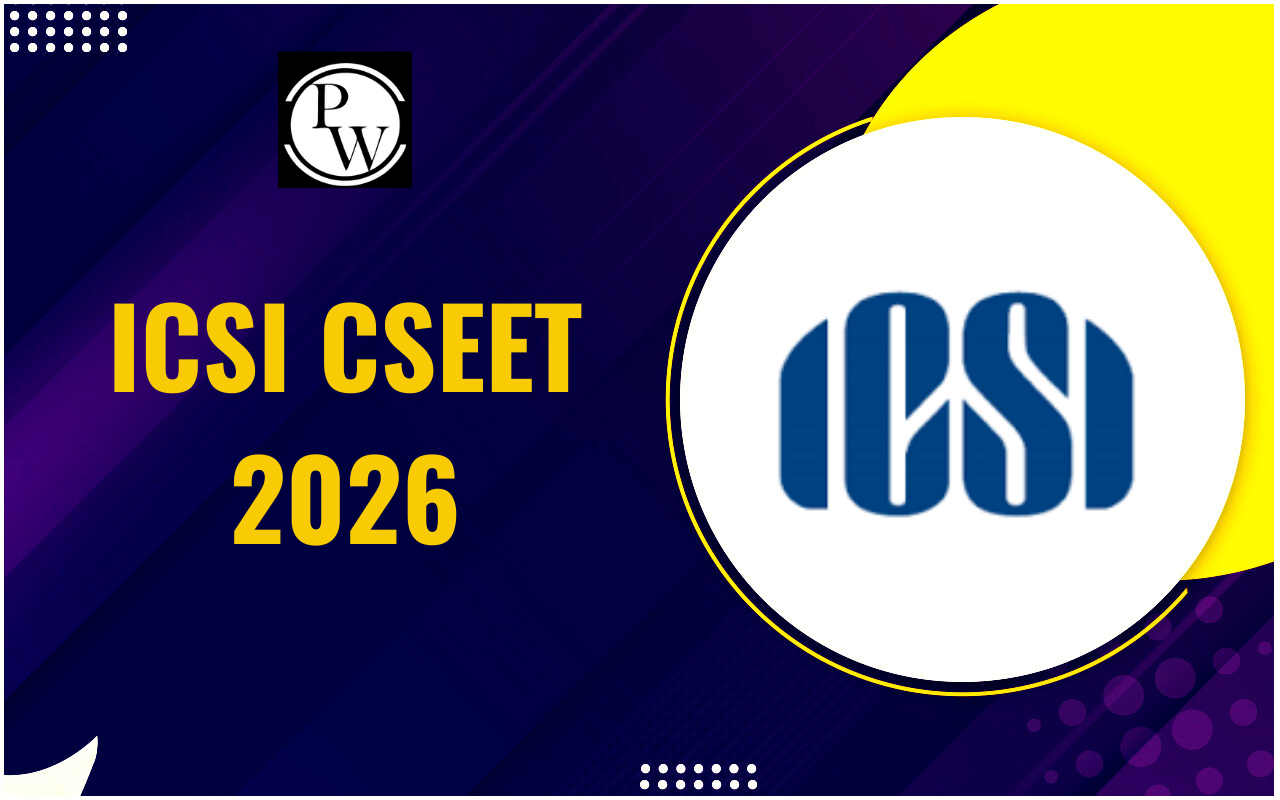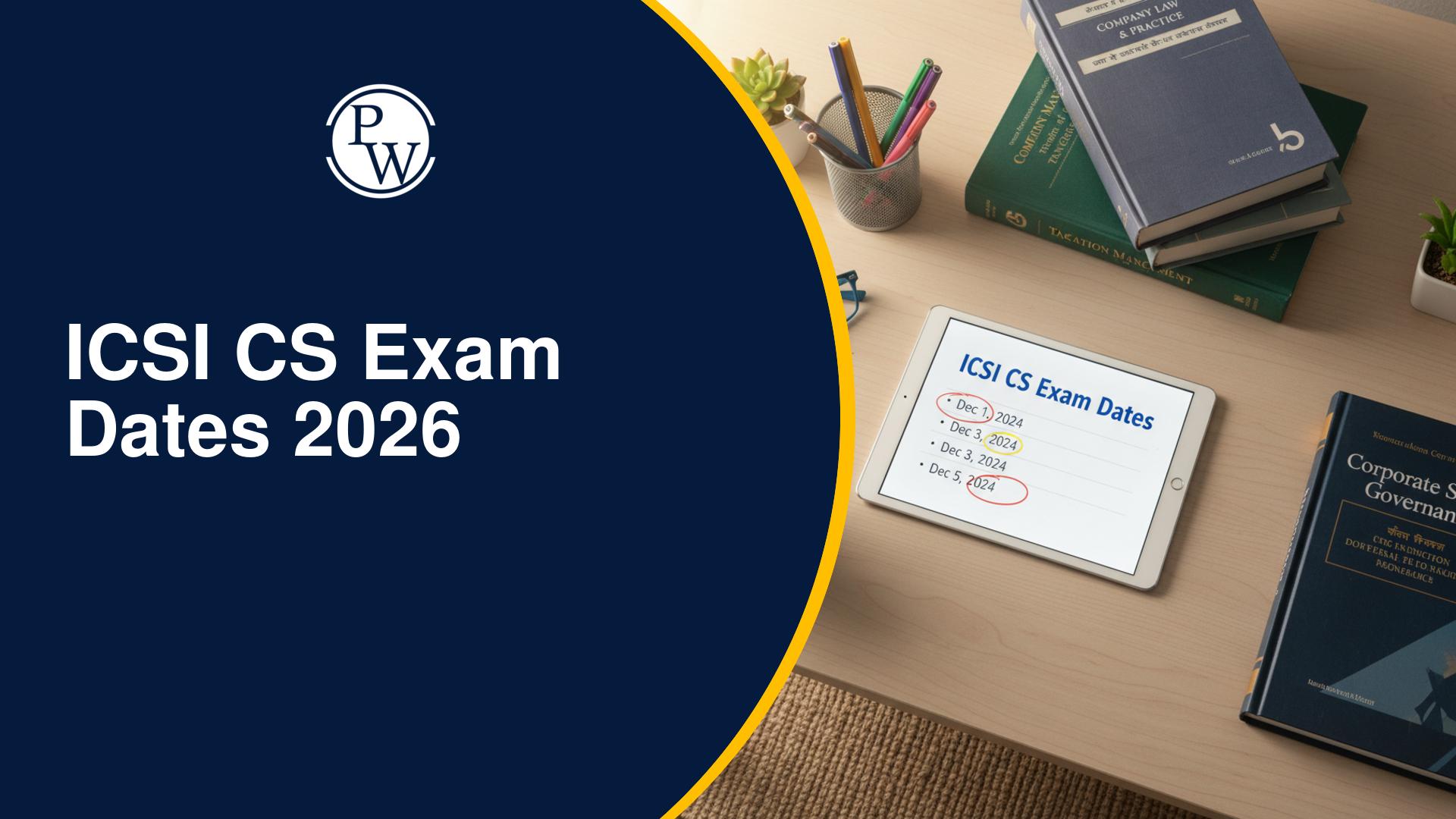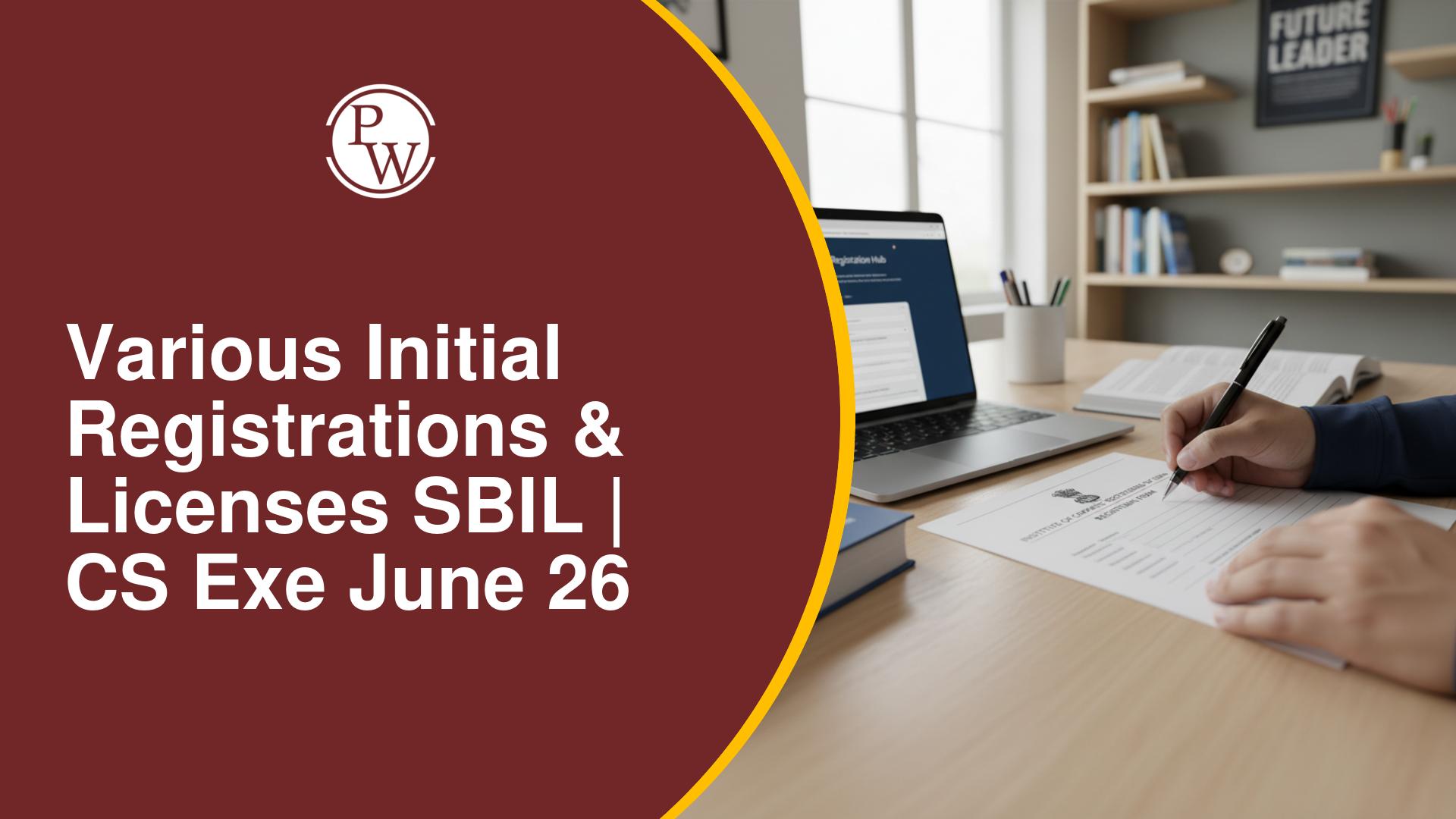
In the world of business, share capital is an important concept. It represents the ownership people have in a company. This guide will help you understand shares, the different types of share capital for CS Exams , and the rules that govern them.
What Is Accounting for Share Capital?
Accounting for share capital involves recording and managing the financial transactions related to the issuance, subscription, and maintenance of a company's share capital. Share capital represents the equity stake of shareholders in a company, categorized mainly into common shares and preferred shares.Understanding Shares and Share Capital
Shares are like little pieces of ownership in a company. When you own shares, you have certain rights, like getting dividends and voting on important company decisions. Share capital is the total value of all the shares a company has issued to its owners.Kinds of Share Capital
Check the kinds of Share Capital in the image below: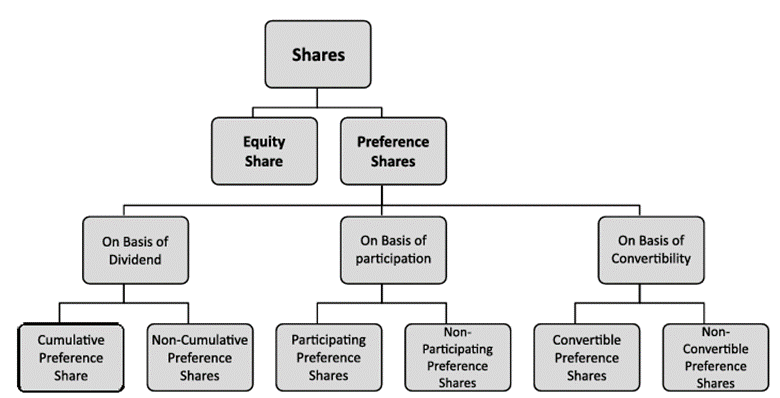
Disclosure of Share Capital
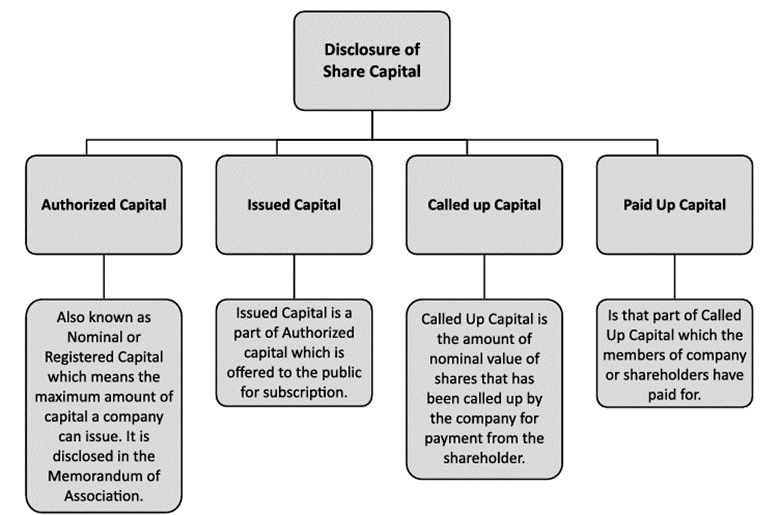 The following table describes the disclosure of Share Capital, as included in the Liabilities column of the Balance Sheet of a company:
The following table describes the disclosure of Share Capital, as included in the Liabilities column of the Balance Sheet of a company:
| Particulars | Amount |
| Equity and Liabilities | |
| Shareholders’ Fund | |
| Share Capital: | |
| Authorized Capital: 2,00,000 shares of Rs. 10 each | 20,00,000 |
| Issued Capital: 1,50,000 shares of Rs. 10 each | 15,00,000 |
| Subscribed Capital: 1,00,000 shares of Rs. 10 each | 10,00,000 |
| Paid up Capital 1,00,000 shares of Rs. 10 each, Rs 5 paid up | 5,00,000 |
Terms of Issuing Shares
Shares can be issued in different ways:- At Par: This means shares are sold at their original value.
- At Premium: Shares can be sold at a higher price than their original value.
- At Discount: Sometimes, shares are sold at a lower price than their original value.
Subscription, Calls-in-Advance, and Calls-in-Arrears
Subscription: Check the table below to understand about subscription:| Under Subscription | Over Subscription |
| The issue is said to have been under subscribed when the company receives applications for less number of shares than offered to the public for subscription. In this case the company does not face any problem regarding allotment since every applicant will be allotted the shares applied for, and the company can proceed with allotment provided the minimum subscription for shares is met. | In case a company receives applications for more number of shares than the number of shares offered to the public for subscription, it is a case of over subscription. A company cannot allot more shares than what it has offered. |
Other Important Aspects
- Issue of Shares for Consideration other than Cash: Sometimes shares are issued in exchange for things other than money.
- Forfeiture of Shares & Re-issue of Forfeiture Shares : If shareholders don't pay what they owe for shares, those shares can be taken back and sold again.
- Buy-back of Shares: Companies can buy back their own shares.
- Issue of bonus Shares [SECTION 63]: Sometimes companies give out bonus shares to their shareholders for free.
- Employee Stock Option Scheme: Employees might also get the chance to buy shares through special schemes.
- Issue of Right Shares: Companies can issue shares to specific people first, these are called rights shares.
- Redemption of Preference Shares: A company with shares can issue preference shares that can be redeemed within twenty years, as allowed by its articles. But it can't issue preference shares that are not redeemable.
- Capital Redemption Reserve Account: When using company profits to redeem preference shares, an equal amount is transferred to a reserve called Capital Redemption Reserve Account. The rules for reducing share capital apply to this reserve as if it were paid-up share capital.
- Underwriting of Shares: Shareholders can agree to sell their shares to someone else, who promises to buy them even if others don't want them.
| Also Check: | |
| Introduction to Accounting | Capital Structure |
| Introduction to Accounting Standards | Introduction to Corporate Accounting |
| Law relating to Limitation | Law relating to Evidence |
Accounting for Share Capital FAQs
What is share capital?
Share capital represents the total value of all shares a company has issued to its shareholders, indicating their equity stake in the company.
What are the different types of share capital?
The main types of share capital include authorized, issued, subscribed, and paid-up capital, each representing different stages of share allocation and payment.
What does "calls-in-advance" mean in share capital accounting?
"Calls-in-advance" refers to payments made by shareholders for future share calls before they are due, recorded as a liability by the company.
What happens if a shareholder fails to pay a call amount on time?
If a shareholder fails to pay a call amount on time, the unpaid amount is termed "calls-in-arrears," and the company may take action, including forfeiture of shares.
🔥 Trending Blogs
Talk to a counsellorHave doubts? Our support team will be happy to assist you!

Free Learning Resources
PW Books
Notes (Class 10-12)
PW Study Materials
Notes (Class 6-9)
Ncert Solutions
Govt Exams
Class 6th to 12th Online Courses
Govt Job Exams Courses
UPSC Coaching
Defence Exam Coaching
Gate Exam Coaching
Other Exams
Know about Physics Wallah
Physics Wallah is an Indian edtech platform that provides accessible & comprehensive learning experiences to students from Class 6th to postgraduate level. We also provide extensive NCERT solutions, sample paper, NEET, JEE Mains, BITSAT previous year papers & more such resources to students. Physics Wallah also caters to over 3.5 million registered students and over 78 lakh+ Youtube subscribers with 4.8 rating on its app.
We Stand Out because
We provide students with intensive courses with India’s qualified & experienced faculties & mentors. PW strives to make the learning experience comprehensive and accessible for students of all sections of society. We believe in empowering every single student who couldn't dream of a good career in engineering and medical field earlier.
Our Key Focus Areas
Physics Wallah's main focus is to make the learning experience as economical as possible for all students. With our affordable courses like Lakshya, Udaan and Arjuna and many others, we have been able to provide a platform for lakhs of aspirants. From providing Chemistry, Maths, Physics formula to giving e-books of eminent authors like RD Sharma, RS Aggarwal and Lakhmir Singh, PW focuses on every single student's need for preparation.
What Makes Us Different
Physics Wallah strives to develop a comprehensive pedagogical structure for students, where they get a state-of-the-art learning experience with study material and resources. Apart from catering students preparing for JEE Mains and NEET, PW also provides study material for each state board like Uttar Pradesh, Bihar, and others
Copyright © 2026 Physicswallah Limited All rights reserved.


